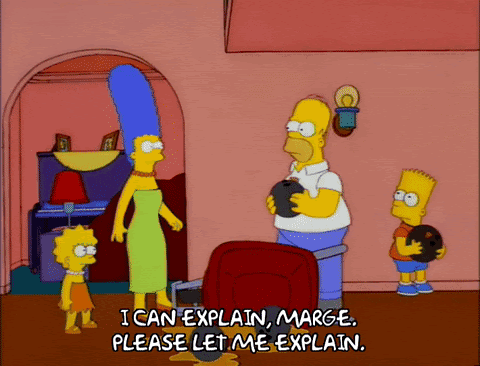
TL; DR
-
With the advent of Bitcoin Ordinals (also known as Bitcoin NFTs), transaction volume on the network is skyrocketing and causing all kinds of congestion.
-
To solve this, the creators of the Bitcoin NFT marketplace ‘Bioniq,” wants to create a wallet that acts as the “DoorDash of Bitcoin NFTs.”.
-
Instead of orders for Bitcoin NFTs on the Bioniq marketplace being processed via the Bitcoin network, all payments will go through a third-party blockchain (called ICP) which is much faster and cheaper to trade on. The NFT yourself won’t move.
-
Instead, the ledger of ‘who owns what’ is updated/maintained on ICP until the user chooses to move the NFT to a Bitcoin wallet.
Full story
It’s Sunday morning.
You’re craving a sandwich Edith’s.
To save yourself the pain of waiting in line for 30 minutes, order ahead through DoorDash.
(We’ve all done it).
This is a simple process for you, but there are complex things going on in the background…
DoorDash takes your order total and sends it to a third-party payment provider (likely Stripe), who then contacts your bank and requests the money.
Once that’s complete, DoorDash sends the order to Edith’s, where an oddly enthusiastic guy named Larry starts making your sandwich.
We’re laying this all out because the Bitcoin network is currently functioning like a sandwich shop in 2005 (pre-delivery apps).
And with the advent of Bitcoin Ordinals (also known as Bitcoin NFTs), transaction volume on the network is skyrocketing and causing all kinds of congestion.
To solve this, the creators of the Bitcoin NFT marketplace ‘Bioniq,” wants to create a wallet that acts as the “DoorDash of Bitcoin NFTs.”
Here’s our understanding of how it works:
Instead of orders for Bitcoin NFTs on the Bioniq marketplace being processed via the Bitcoin network, all payments will go through a third-party blockchain (called ICP) which is much faster and cheaper to trade on.
The NFT yourself won’t move.
Instead, the ledger of ‘who owns what’ is updated/maintained on ICP until the user chooses to move the NFT to a Bitcoin wallet.
This way, users can trade Bitcoin NFTs as often as they want without facing sky-high fees without clogging the Bitcoin network.
Smart!


